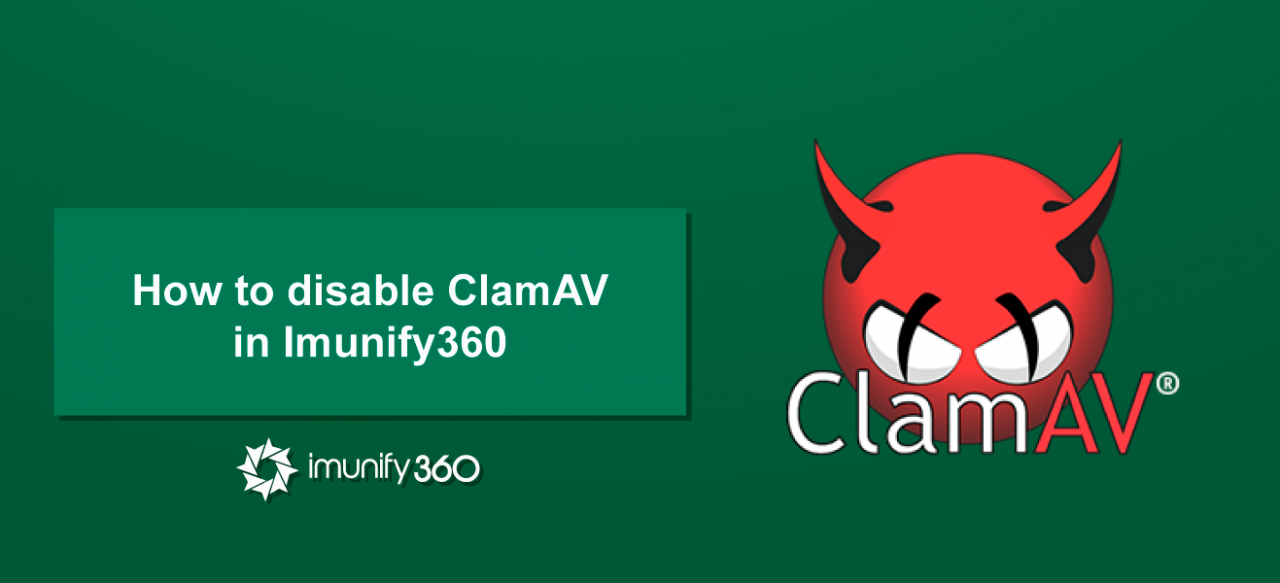
We no longer use ClamAV for malicious files detection, and keep it as a part of Imunify360 only for detecting suspicious files. Starting from Imunify360 v4.3, we're removing it completely.

We have a nice, new, time-saving tip over on the CloudLinux KnowledgeBase.
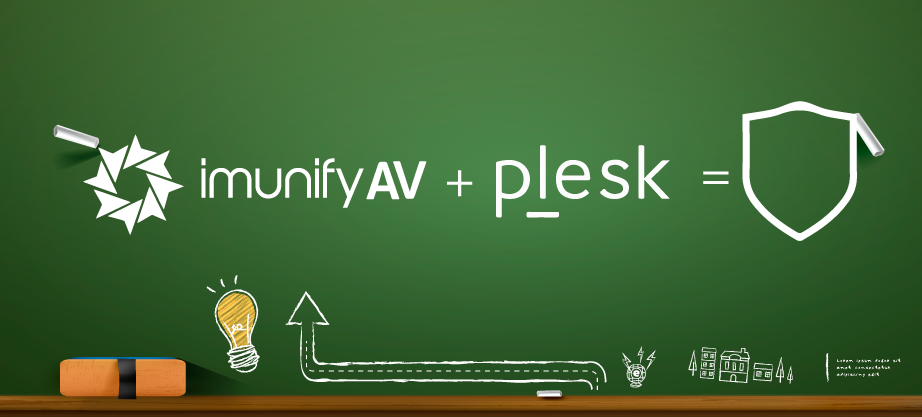
Good news is always worth repeating: Plesk integrates ImunifyAV into its famous WebOps hosting control panel.
It's not even been a year yet but we're already seeing the benefits of integrating Revisium's advanced antivirus and anti-malware scanner into ImunifyAV. In addition to that, discover web hosting security tips in our new post and learn more about Plesk server security best practices.

A month in development passes so quickly.
We announced in February that we have a new version of Imunify360 coming with some great new features. It’s ready, it’s out of beta and into general availability. Here’s a quick reminder of the new stuff.
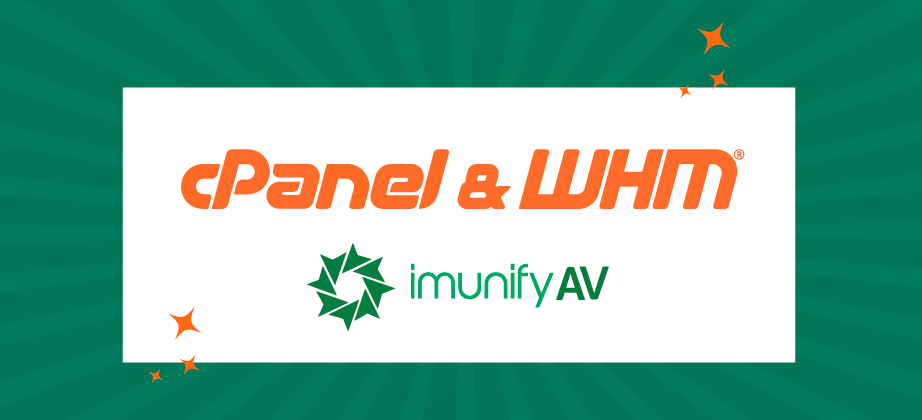
The good news just keeps coming: cPanel & WHM integrates ImunifyAV into its hosting automation platform.
cPanel is integrating ImunifyAV, our free linux server antivirus and anti-malware scanner, into its famous web hosting control panel.
In addition to that, discover our new article covering only the best tips on how to take your cPanel security to the next level.

I have good news—there are features coming in Imunify360 4.0 that will make your life easier, your servers safer, and your businesses more profitable.

Thank you, beta testers!
We value your dedication to making our product better. Your real-world input helps Imunify360 become the most effective and efficient Linux server security product out there.
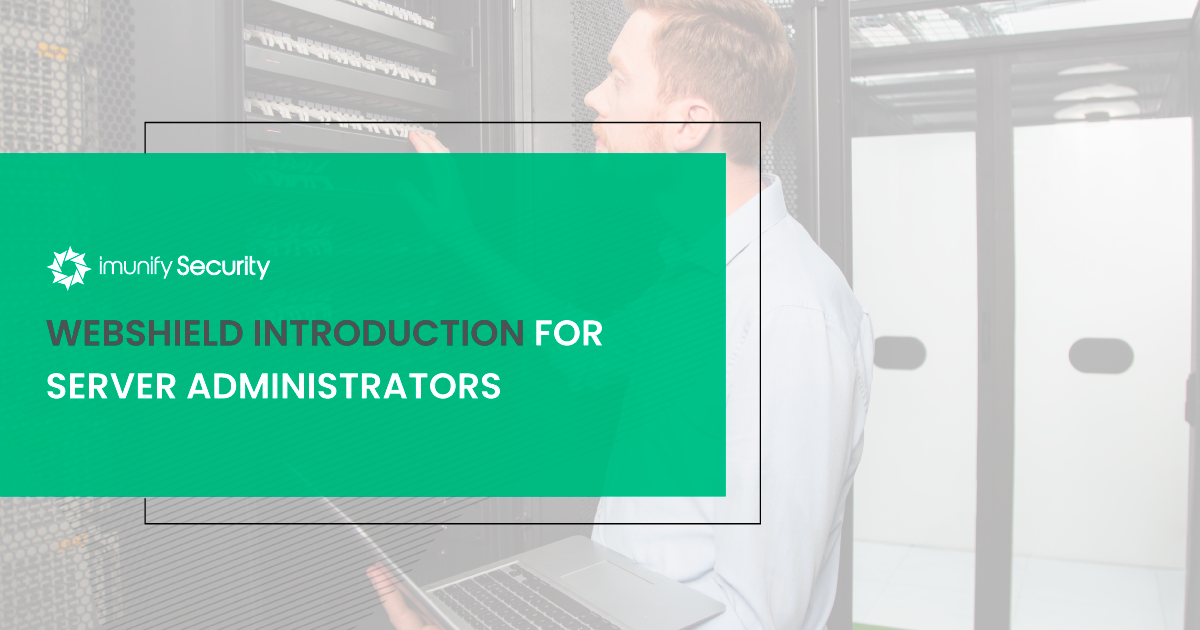
WebShield is a component of the Imunify360 security solution. Its primary purpose is to handle HTTP traffic and prevent HTTP attacks.
As a security solution, WebShield is meant to:
It consists of four services:
SSL-caching daemon watches changes to host SSL certificate sets (for known hosting panels only: cPanel, Plesk, DirectAdmin) and updates the WebShield SSL cache when a certificate is added, updated or removed.
Sentrylogs daemon watches WebShield log files to detect errors.
The configuration of WebShield is done by an agent, and direct editing of WebShield configuration files is generally not recommended. This is mainly because after the next reconfiguration all custom changes would be lost. However, there are some items a host administrator may want to set.
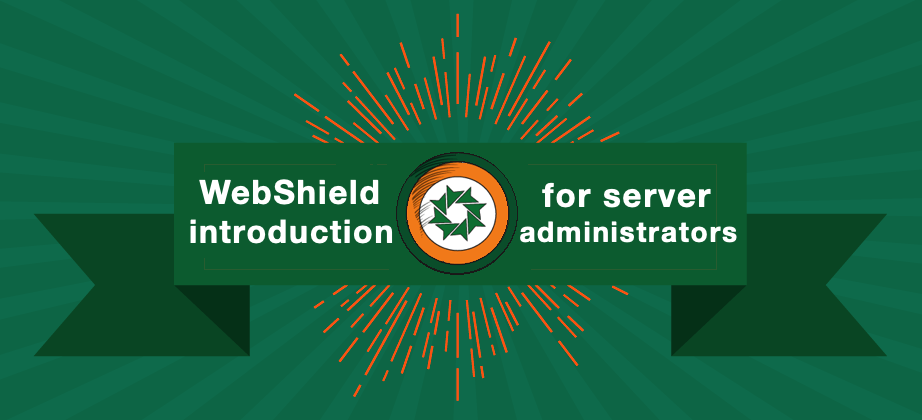
WebShield is a component of the Imunify360 security solution. Its primary purpose is to handle HTTP traffic and prevent HTTP attacks.
As a security solution, WebShield is meant to:
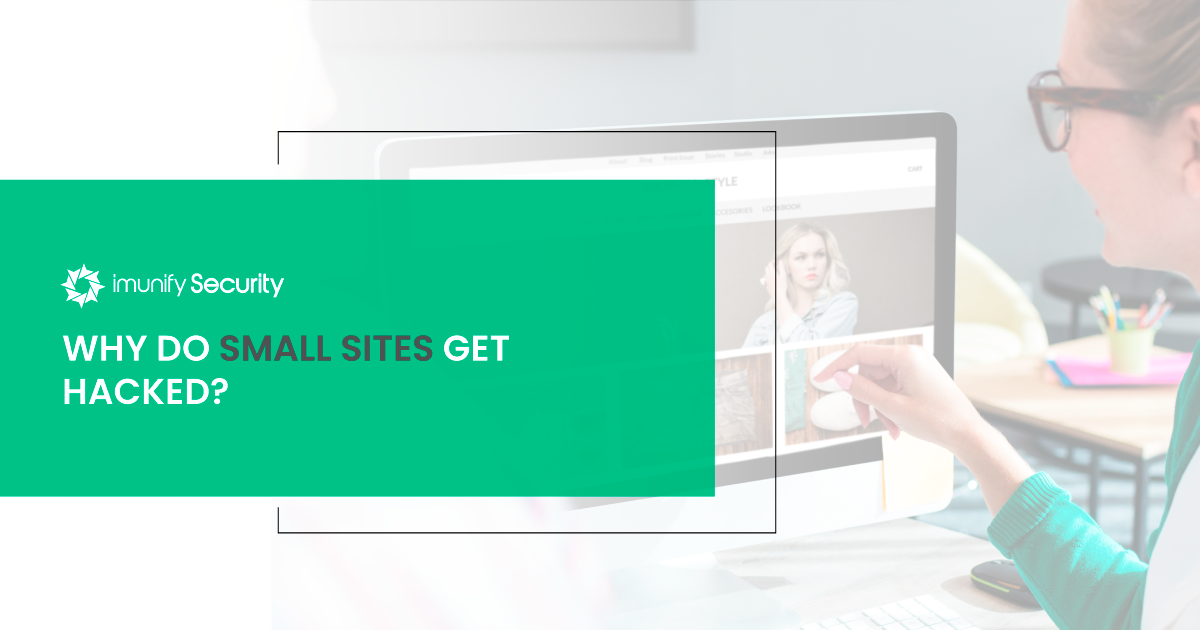
If you think your site won't be hacked because it's too small to matter, think again. I'll show why that is a false and dangerous assumption.
Many site owners and webmasters think that hackers only care about popular, highly-ranked websites. They are wrong.
High traffic volume helps boost earnings on partner programs by redirecting visitors to other sites, gets more views of unauthorized advertisements and attracts more clicks on rogue links. But that is not the only way hackers make money.
Unprotected sites with low traffic volume are equally attractive to hackers. It is the way they are used that differs from how hackers monetize more popular websites. Any normal site, with an audience of as little as 30 visitors a day, can still be threatened by hacking and infection.

.png?width=115&height=115&name=pci-dss%20(1).png)
